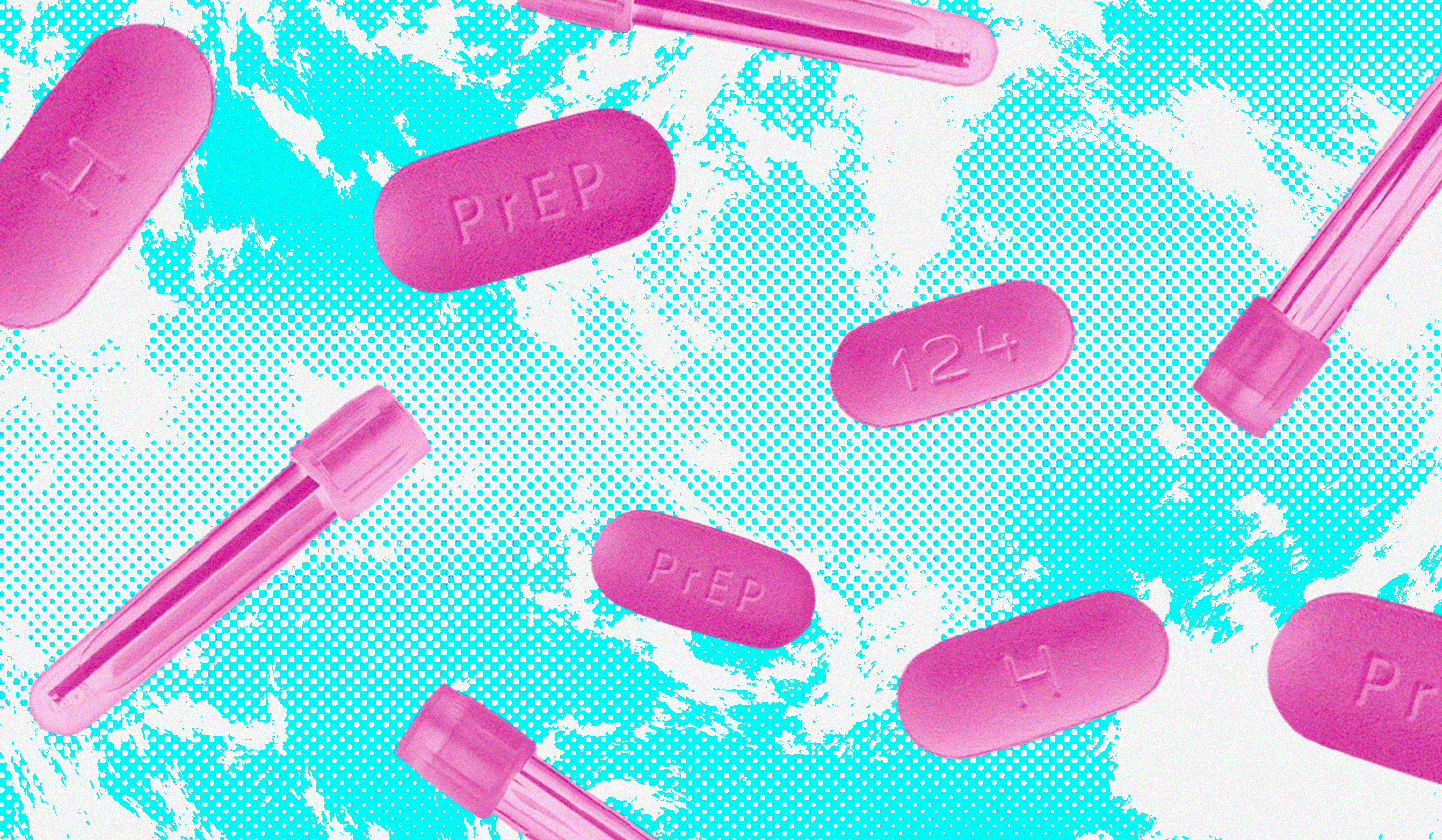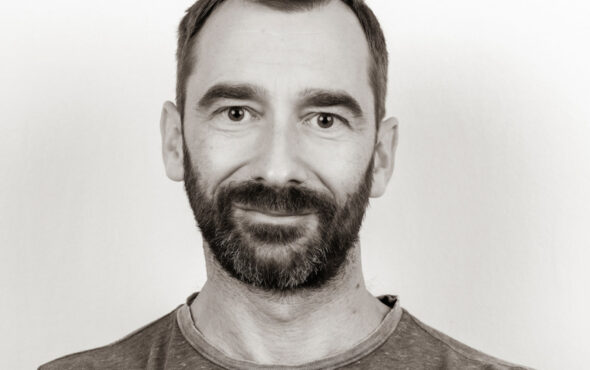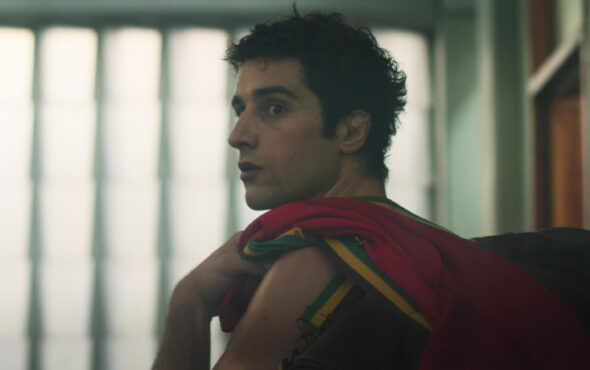
When Terry Higgins became one of the first named people in the UK to die from an AIDS-related illness in 1982, the virus didn’t even have a name, let alone a test, any care or available treatment. While there is still no vaccine and no cure for HIV, four decades on and we’ve seen remarkable change that would have seemed unimaginable back then.
As LGBT+ History Month starts, its ‘medicine’ theme could not be more pertinent to the story of HIV in the UK. The distance travelled in the fight against HIV is inspiring and can only spur on the action needed if we are to achieve the life-changing goal of ending new HIV transmissions by 2030.
So what are those medical advances?
One, testing. The first signs of hope was a test that could identify the virus. Once, it was a fraught decision to even take a test, today it could not be more different. Knowing your status is important – if the result is negative there are a whole host of strategies to stay negative, if positive there is life-changing treatment you can start in days. Knowing your status is easy – alongside a blood test there are simple finger prick kit or mouth swabs that will give you a result in 15 minutes. National HIV Testing Week starts on Monday 5 February and this year is a special one as we mark its tenth campaign. During National HIV Testing Week, anyone in England can order a free self-test or a postal test where you take a sample yourself and send it off to a lab who will then contact you with your result. Order a test now.
Two, treatment. Trials of early HIV medication had terrible repercussions for too many people. By 1996 – too late for too many – triple action therapy meant that people could live with the virus. It was complicated, and there were countless side effects, but this was a game-changing moment in the history of modern medicine.
For anyone diagnosed today, treatment can be as little as one pill a day. Taking the tablets stops the virus from attacking your immune system AND means that you cannot – no ifs, no buts – you cannot pass on HIV to sexual partners.
That really is triumph – a game changer for anyone living with HIV, a game changer that could stop the virus in its tracks. The best prevention out there is ensuring that people living with undiagnosed HIV get tested, diagnosed and on medication and supported to take their pills. And if they do, it means we can end the HIV epidemic in the UK. I think we should just reflect on how exciting that is – we could end the onward transmission of HIV, do it by 2030, be the first country in the world to do it, and be the first virus we have stopped without a vaccine nor a cure.
Three, PrEP. A drug taken by people who test HIV-negative to stay HIV-negative. It is now available free in sexual health clinics across the UK. It is still only really taken up my gay and bisexual men, but the younger you are in the queer community the less likely you are to know about it, let alone take it. Follow up your HIV test with a chat at the sexual health clinic or by calling THT Direct on 0808 802 1221.
Four, PEP. The acronym stands for ‘post-exposure prophylaxis’, it’s like the morning after pill for HIV. If you think you’ve been exposed to HIV you can start taking PEP within 72 hours of exposure to stop the virus taking hold.
This suite of HIV medication is not only incredible progress for the LGBTQIA+ community, but for all people affected with HIV. However, the experiences of those impacted by HIV can be wildly different. Outcomes are worse for those in the LGBTQIA+ community who are younger, of Black ethnicity and those who are not ‘out’ or on the ‘down low’. For those who are not LGBTQIA+ the outcomes are worse still. My excellent colleagues at Terrence Higgins Trust and those across our sector work day-in, day-out to change these outcomes for everyone. Support us to further this change.
We acknowledge our history to learn from it and be inspired by it. This LGBT History Month shows that distance travelled since Rupert Whitaker and Martyn Butler set up Terrence Higgins Trust to prevent more people experiencing what Terry Higgins went through. They did a great job but the work is not done yet. We are the generation that can end this epidemic, let’s get it done. Together.


